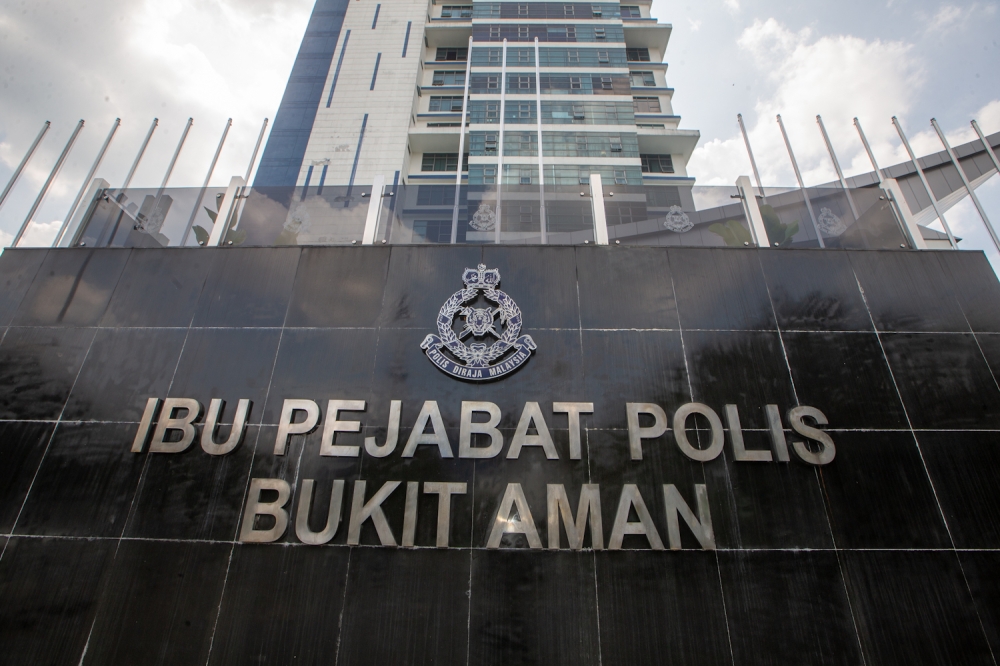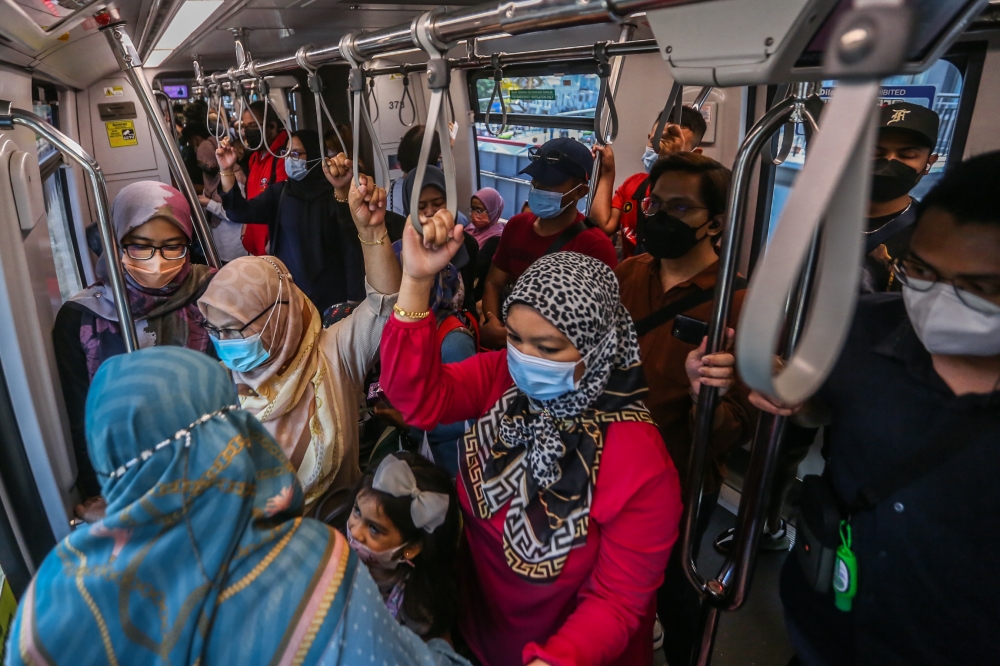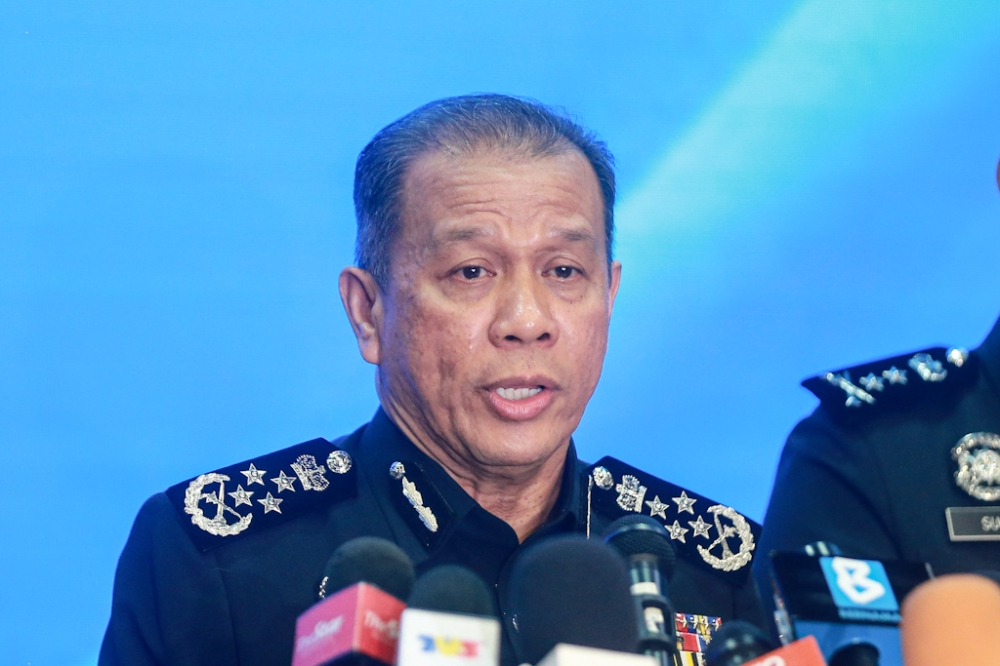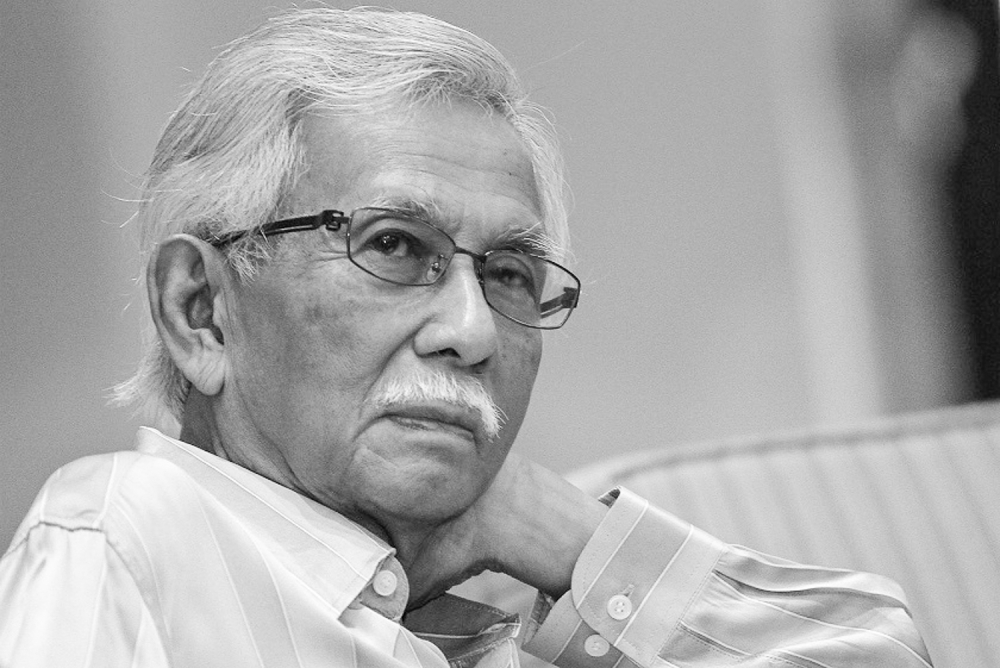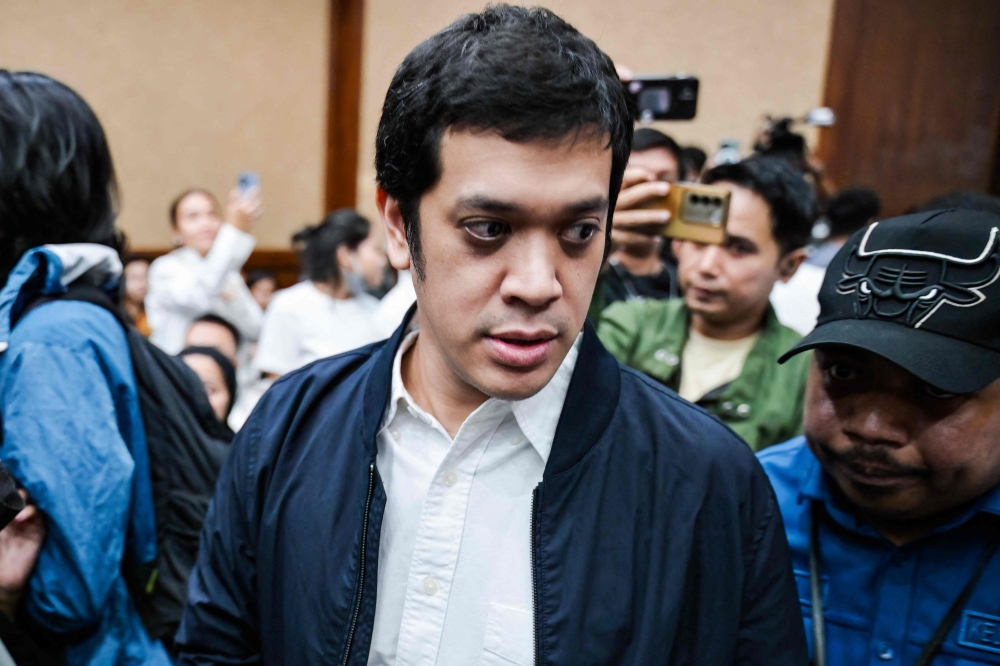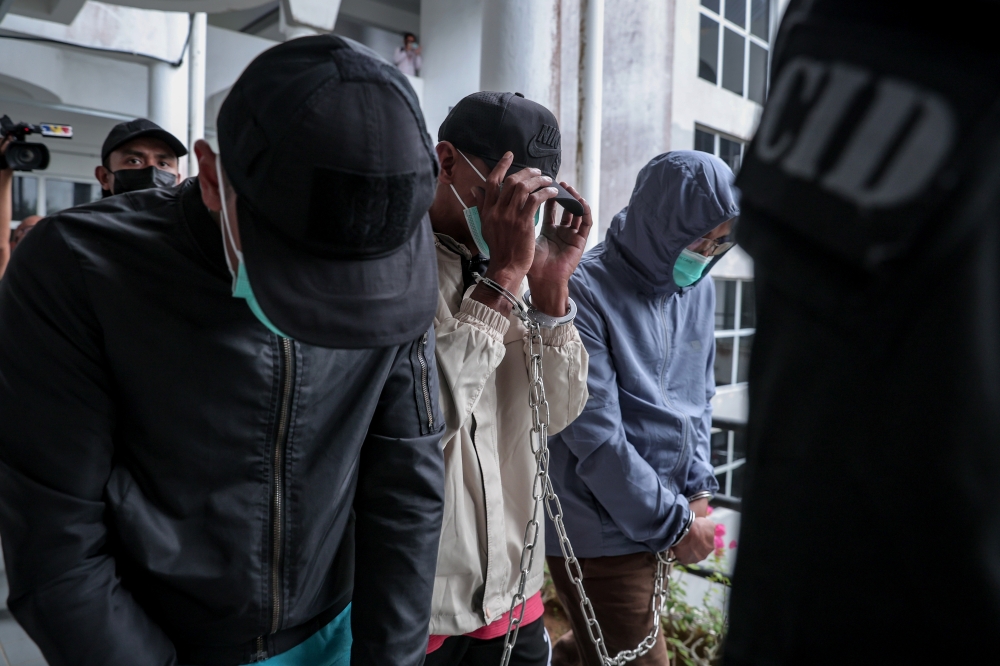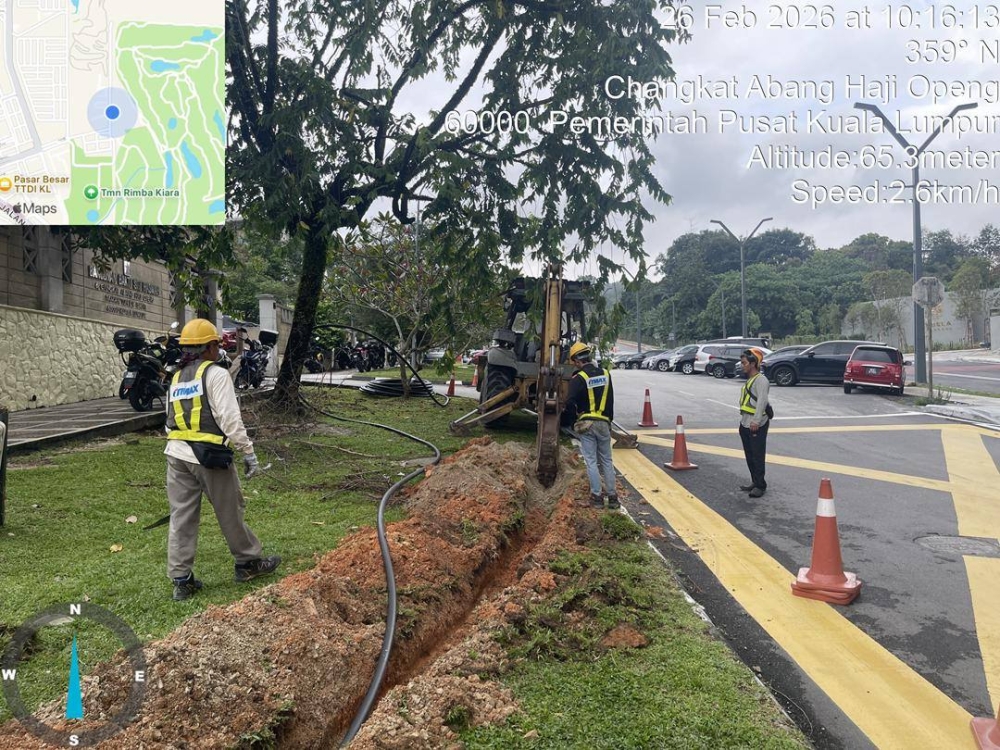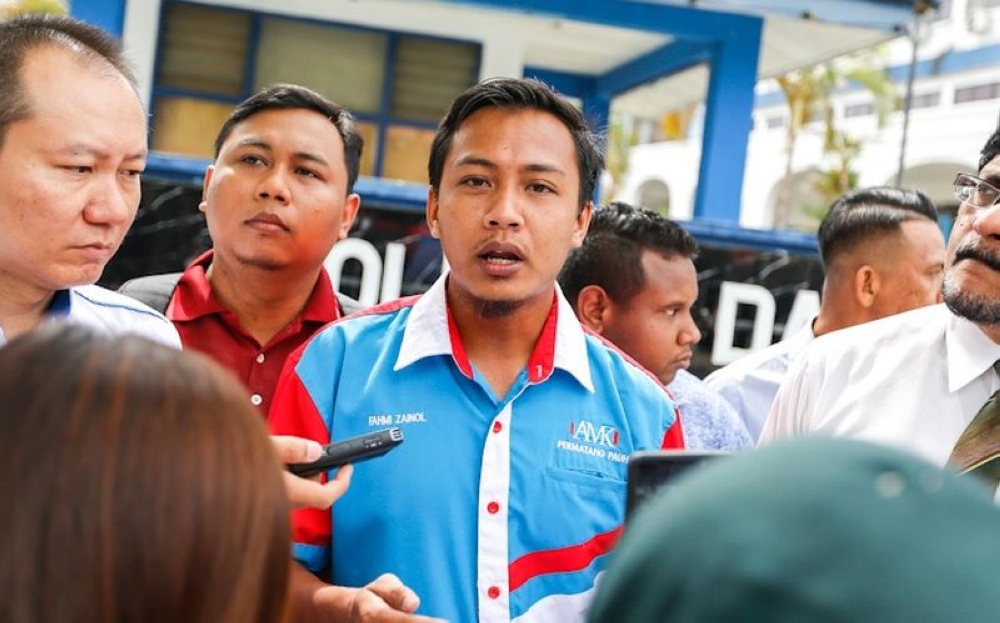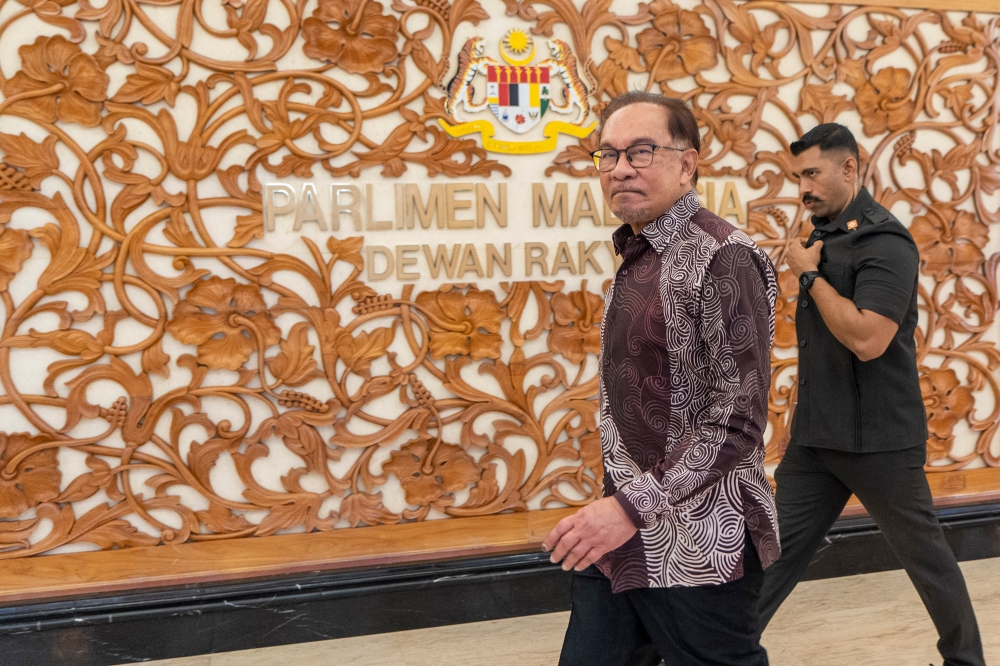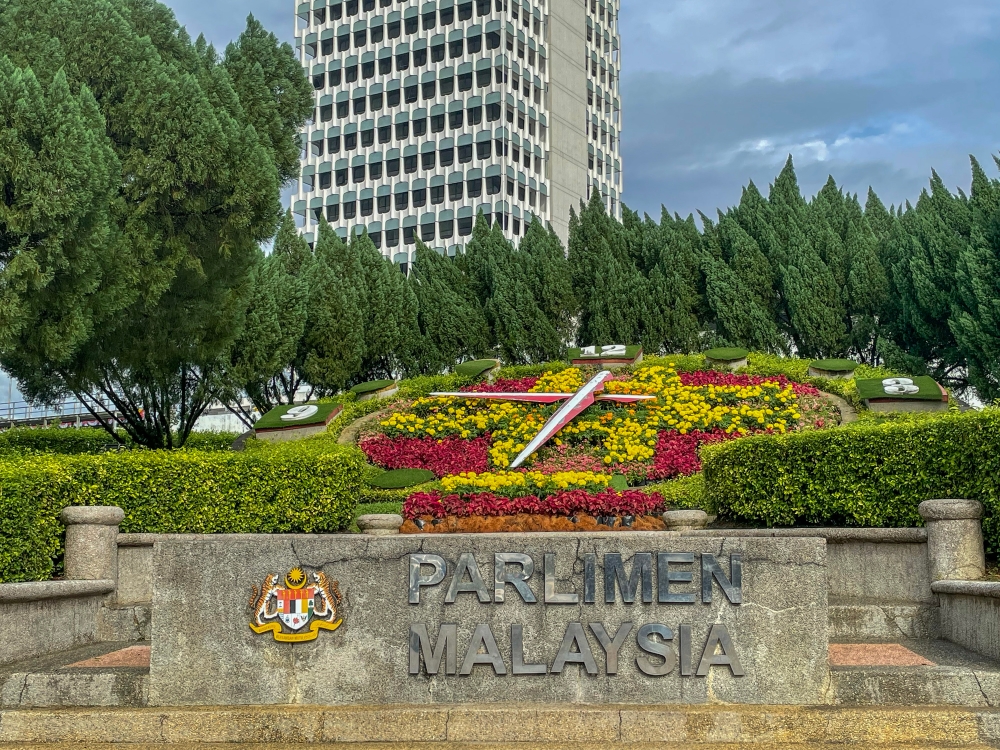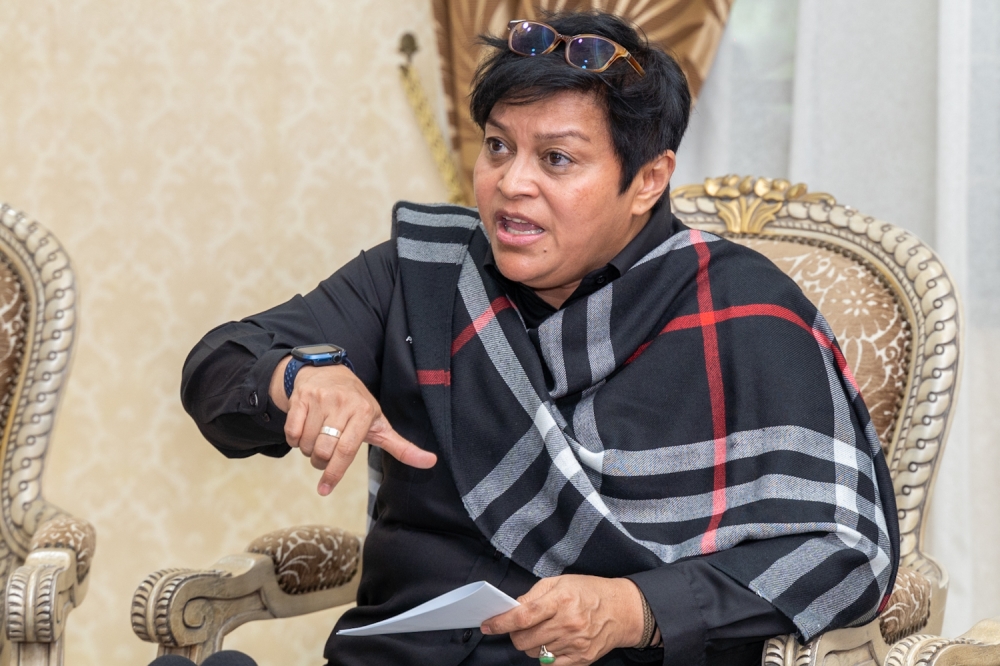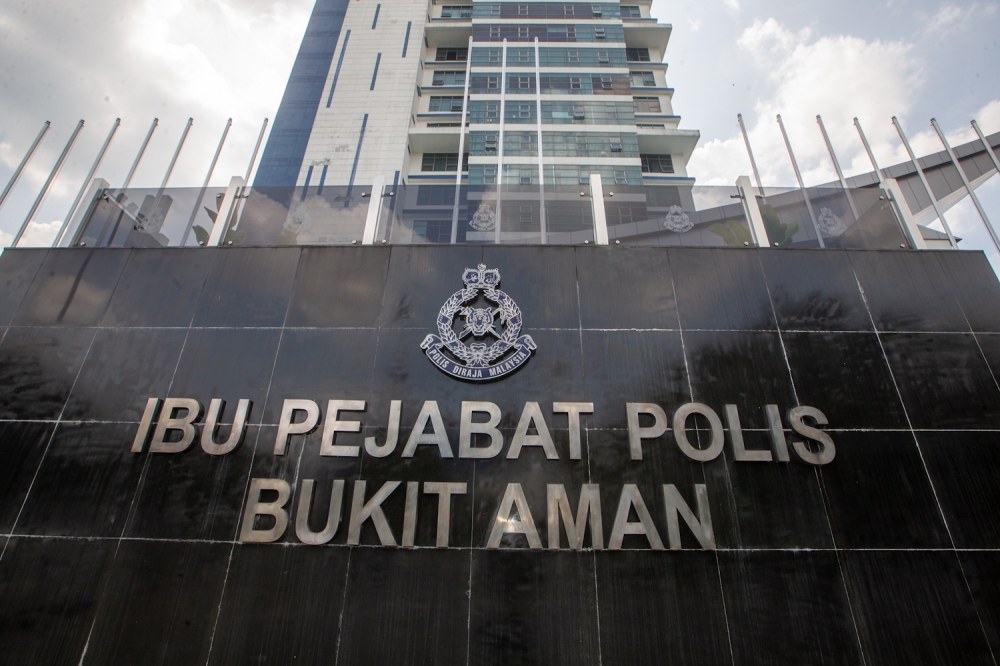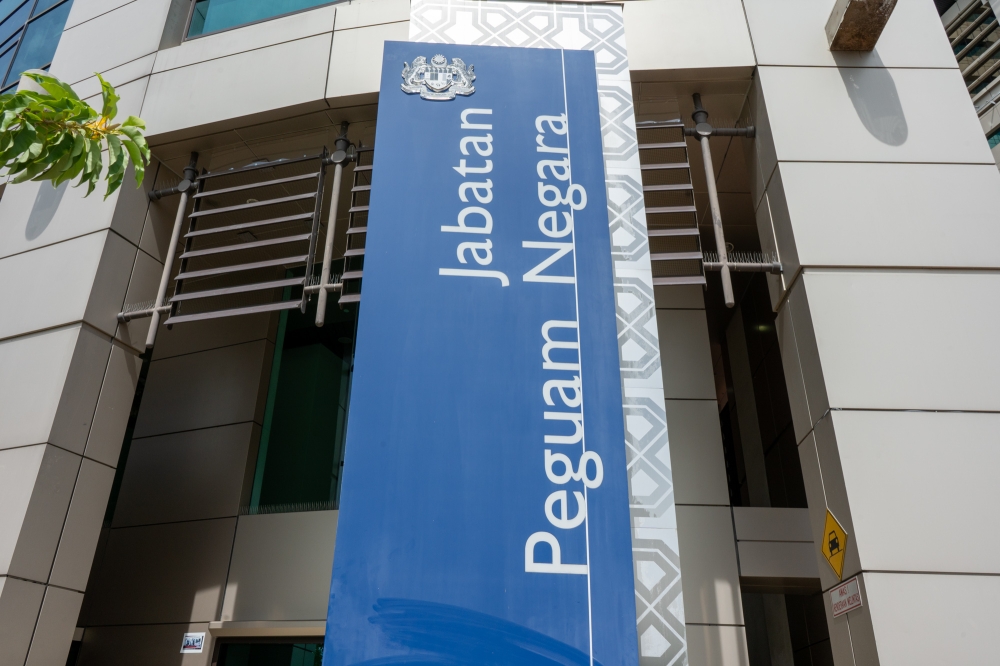KUALA LUMPUR, Sept 14 — A Cabinet committee has agreed to introduce a Freedom of Information Act for Malaysia, which means the country’s existing Official Secrets Act will be amended, the Prime Minister’s Department said today.
Following the Cabinet committee meeting chaired by Prime Minister Datuk Seri Anwar Ibrahim in Parliament today, the Prime Minister’s Department said the Cabinet’s special committee on national governance (JKKTN) — formerly known as the special Cabinet committee on anti-corruption (JKKMAR) — discussed Malaysia’s commitment to continue enhancing governance in the administrative system.
According to the Prime Minister’s Department, the special Cabinet committee’s discussion today had focused on efforts to enhance sustainable governance, especially through the two main thrusts of institutional governance framework and laws relating to corruption, which is in line with the government’s aims to strengthen governance as presented in the 12th Malaysia Plan’s mid-term review on Monday.
“The meeting in principle agreed with enacting the Freedom of Information Act by creating parameters and clear guidelines to provide access to the public to obtain information from public bodies and the government.
“In line with that decision, the Official Secrets Act 1972 (Act 88) will also be amended appropriately. This measure is taken to ensure the delivery of public services can be enhanced and to encourage the citizens to be involved in the process of formation of national policies,” the department said in a two-page statement.
The department also said the government views seriously the issue of leakages of the country’s revenue especially those involving government procurement.
“In relation to that, the meeting agreed to enact a Government Procurement Bill to strengthen governance on the government’s procurement through laws aimed at increasing accountability of those involved in government procurement,” it said in the statement.
It added that the special Cabinet committee agreed for this proposed new law on government procurement to consider the principle of transparency by creating a mechanism for complaints and objections in line with international standards.
Hari ini saya telah mempengerusikan Mesyuarat Jawatankuasa Khas Kabinet Tata Kelola Nasional (JKKTN) di Parlimen, yang sebelum ini dikenali sebagai Mesyuarat Jawatankuasa Khas Kabinet Mengenai Antirasuah (JKKMAR).Ia antara lain membincangkan komitmen negara untuk terus... pic.twitter.com/nxASfvbcG8
— Anwar Ibrahim (@anwaribrahim) September 14, 2023
It said the special Cabinet committee also took note today of the 18 resolutions that resulted from the national research conference on governance, integrity and anti-corruption in 2022 and 2023, which presented recommendations for improvements from the aspect of laws and policies related to governance, integrity and anti-corruption.
The Prime Minister’s Department said these resolutions will be studied for input in the development of a new strategy known as the National Anti-Corruption Strategy (NACS).
“To ensure that subsidiary companies established under statutory bodies are governed more professionally based on principles of good governance, attention has to be made to the aspect of monitoring,” it said, adding that the special Cabinet committee agreed today for new and existing legal frameworks to be studied for the practice of good governance among entities with government interests.
Anwar himself also posted on the social media platform X, formerly known as Twitter, regarding the meeting that he had chaired today and its outcome.
“The government will continue efforts to strengthen good governance to support national development in line with the aim of developing Malaysia Madani,” he said.
The 2022 national research conference on governance, integrity and anti-corruption was held in March 2022, while the 2023 edition was held recently from September 6 to September 7.
On September 7, Chief Secretary to the Government Tan Sri Mohd Zuki Ali reportedly said in his speech at the 2023 conference’s closing ceremony that the government will introduce the NACS as a continuation of the National Anti-Corruption Plan (NACP) 2019-2023, and said the goal of becoming a country free of corruption should not be limited only to the six priority areas in the NACP.
The NACP had outlined six priority areas allegedly vulnerable to corruption (political governance, public sector administration, public procurement, legal and judicial proceedings, law enforcement and corporate governance.
National news agency Bernama had reported that 10 resolutions were reached during the 2023 edition of the conference, including addressing political interference in rural development projects, assisting targeted groups, amending the Sports Development Act, and enacting the Government Procurement Act to prevent wastage and ensure accountability.

